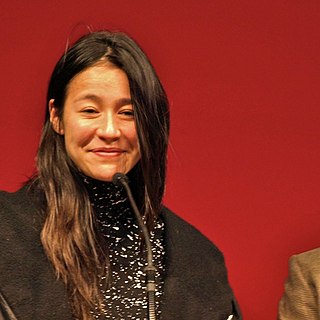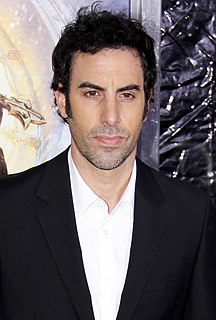A Quote by Janet Fitch
As an undergraduate, I had not studied literature - I was a history major.
Quote Topics
Related Quotes
I'd studied English literature and American history, but the English literature, which I thought was going to be helpful to me in an immediate way, was the opposite. So I had to un-think a lot of things and move out of my own head, and I learned a lot. It was like graduate school, but an un-graduate school or an un-school.
Economist Frederick Thayer has studied the history of our balanced-budget crusades and has come up with some depressing statistics. We have had six major depressions in our history (1819, 1837, 1857, 1873, 1893 and 1929); all six of them followed sustained periods of reducing the national debt. We have had almost chronic deficits since the 1930s, and there has been no depression since then - the longest crash-free period in our history.
I like to say I had a very varied undergraduate education. I was an English major first, and then at the end of my college career I decided I was interested in urban planning. I became an urban studies major, with a minor in poetry. I don't think I knew what I was looking for in my early twenties, but I know I kept not finding it.
I remember, when I was in university I studied history, and there was this one major historian of the Third Reich, Ian Kershaw. And his quote was, 'The path to Auschwitz was paved with indifference.' I know it's not very funny being a comedian talking about the Holocaust, but I think it's an interesting idea that not everyone in Germany had to be a raving anti-Semite. They just had to be apathetic.
My life has had a lot of fits and starts: before I studied literature at all I was a musician, and began undergrad as a conservatory student. I started studying literature in my third year of college, when I took a poetry course with James Longenbach that was pretty extraordinary. It changed my life.
After two years of undergraduate study, it was clear that I was bored by the regime of problem-solving required by the Cambridge mathematical tripos. A very sensitive mathematics don recommended that I talk to the historian of astronomy, Michael Hoskin, and the conversation led me to enroll in the History and Philosophy of Science for my final undergraduate year.


































